In Germany, a Benedictine nun named Mother Mechthild has been threatened with a prison sentence for taking in asylum seekers who are facing deportation. She spoke to InfoMigrants about who comes to her for protection and why she feels a duty to help them.
Nuns do not often make the headlines, but Mechthild Thürmer, the Abbess of the Maria Frieden Benedictine Abbey in Bavaria, is an exception. The 62-year-old has twice been fined and even threatened with prison for "aiding and abetting an unauthorized stay" of an asylum seeker, attracting attention in Germany as well as from abroad.
The abbess insists that she has done nothing wrong, because "church asylum", a deal struck with the state that allows the church to offer sanctuary to a very small number of asylum seekers threatened with deportation, is legal. She told InfoMigrants that the 30 people she has taken in over the years have been people in desperate need.
Mutter Mechthild: They came and asked for asylum because they were completely desperate, because their situation was hopeless. Because they had received the letter from BAMF (Federal Office for Migration and Refugees) saying that they were to be deported back to Italy, or to Romania, or Bulgaria, or Poland.
So if we had room in the guesthouse then I discussed it with the church community and the Catholic Office to make sure that it really was a hardship case.
InfoMigrants: What is a ‘hardship case’?
Hardship cases are cases where a person can’t go back to their country because of persecution or because of war. To Eritrea for example, which had a civil war for decades, or Ukraine, where nurses and doctors are sent to the front.
There was a woman here whose best friend, an absolutely beautiful woman, a doctor, was killed at the front (in Ukraine). She was shot. So I took this woman in. She’s now working as a nurse in a hospital near Nuremberg. As we know, Germany needs every nurse we can get, especially at the moment.
There were some women here, they had had no future in Eritrea. The grandmothers had offered to take care of the children, and the mothers came to Germany to ask for asylum, and then the plan was to bring the children later.
To me these are clearly hardship cases. What mother leaves her own children behind or leaves them with her own mother so she can try to have a better life in Germany?
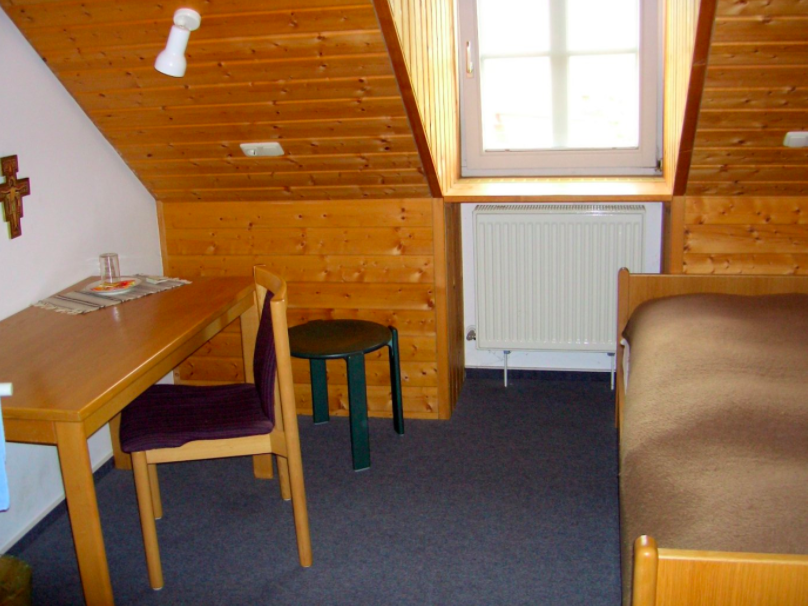
One of them told me how there was a truck that was overloaded, and it overturned in the desert. Some of the people died and she had terrible broken bones and lost nearly all her teeth in the crash. But she had to keep walking on and on without any medical treatment, just putting up with the pain.
We also had a young man who had a lot of scars on his legs from being tortured with electric cables – just imagine what kind of pain he had been through. A person like that cannot go back home.
Then there were others who were to be deported back to Italy, as that was where they had been before. Italy is completely unable to cope with the refugees. Yes, there you can get something to eat at the soup kitchen, but the accommodation situation is dreadful. Young women have to sleep under bridges and there are men there with nothing to do, and the women are raped and even gang raped.
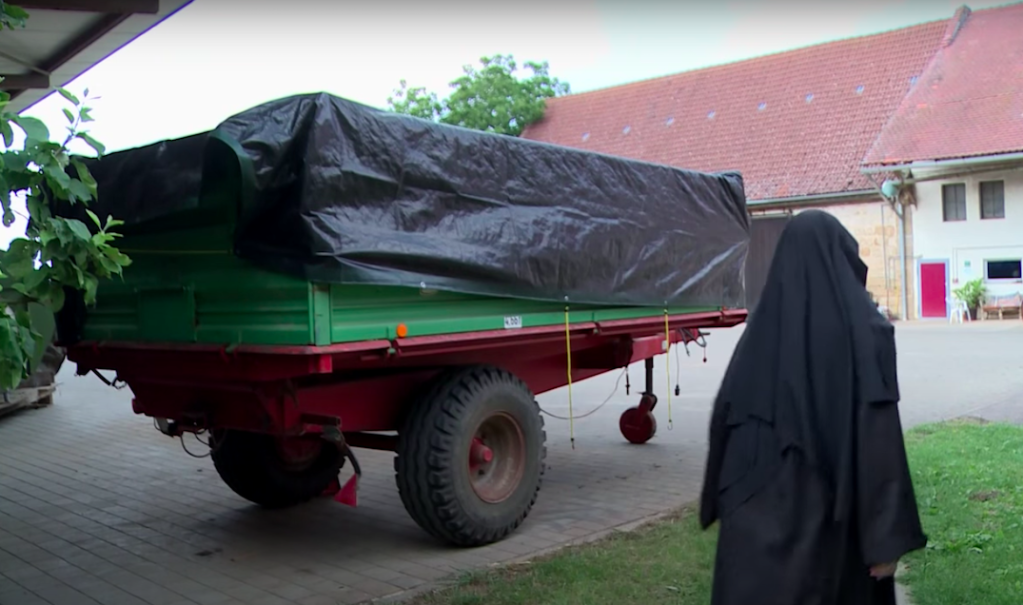
What happens when the asylum seekers come to you?
They get their room and they are told how they have to behave – most importantly, they are not allowed to leave the premises of the Abbey. They can’t go for a walk on the street or a bike ride because if the police pick them up they’ll be taken back to a pre-deportation center.
Do they have a chance to find peace and to heal at the Abbey?
I really hope so. As a monastery it is relatively quiet here, but there are other people here they can talk to. It has been really important to help them to learn the language. There are German books here that we’ve collected, and I’ve been really lucky to have several teachers who come nearly every day and teach them German, so that a few have even been able to pass their German language test while they’ve been here.
Sometimes they work, sweeping, mopping, washing and drying dishes or washing vegetables. Often that has meant having to explain this to them, because they haven’t been taught much about hygiene measures or about how important daily routines are.
Here, we get up at 4:30 am and we can’t then go to bed as late as they are used to. But this is very hard if you can’t sleep, if at night the nightmares come, of the rape, or the war. Some of them have seen people beheaded or drowned. One woman who was here was a sole survivor, and for days and months she didn’t sleep well and saw people drowning or being beheaded before her eyes. It’s unimaginable.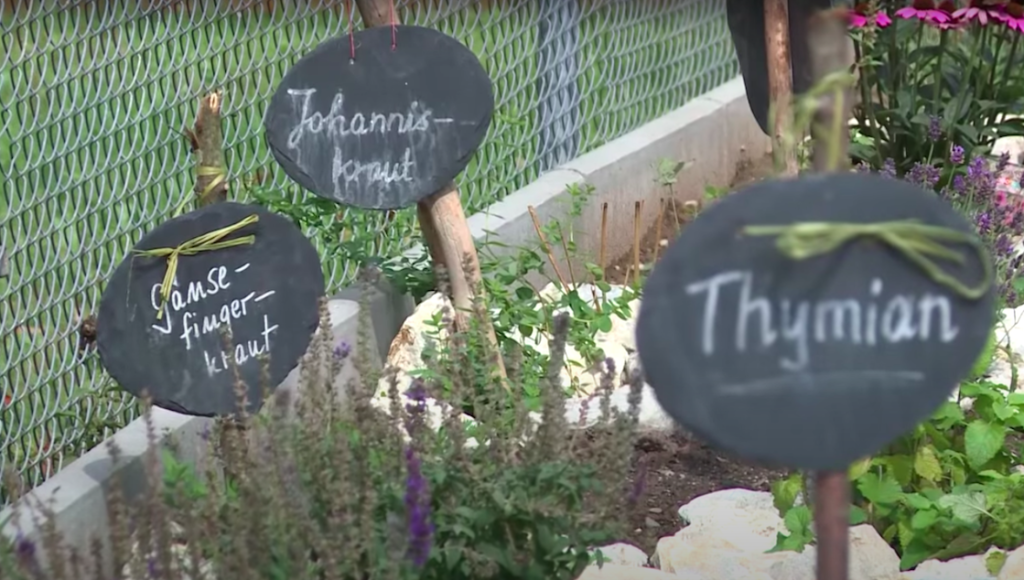
Do they receive psychological care?
No, that’s not really possible because of the language problem. If you can’t speak the language then you can’t very well do psychotherapy. We did have a doctor here for a while, but they basically said what was important was to look after them, to care for them. They mostly needed pain relief or treatment for food intolerance or stomach pain that was a result of anxiety.
For me the most important thing has always been that they should feel “we sympathize with you, we want to help you, you can trust us, we will take care of you, you will have the opportunity here to start afresh.”
Is it legal or illegal, what you are doing?
Actually it is legal. Because I’m doing what has been discussed and agreed upon between the state and the church: that they have to be checked, that we can only accept hardship cases and that they have to be reported on the day they arrive with BAMF, the Catholic Office of Bavaria, the Catholic Bishops Conference and the foreigners’ office, otherwise they would be considered fugitives.
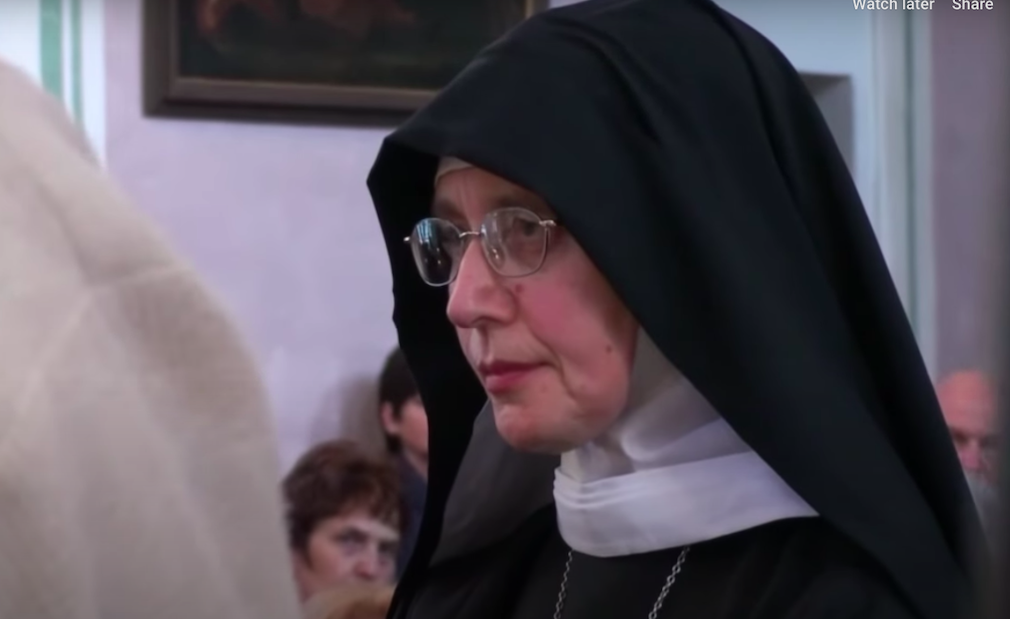
Why does church asylum exist?
It exists to allow the situation of the individual to be re-examined, to discuss it again in an interview, to explain once again why they are seeking asylum in Germany, why they can’t live in their country. Of course, it’s difficult for these people to express themselves. And in my opinion, the hardest thing is for them to talk about their feelings and their psychological state, when they are so badly hurt.
In an interview with strangers, how can a person talk about her innermost problems, whether she was raped or whatever else happened, how can she talk about that? It does happen, women do interview women, but they are still strangers, and we know that they can’t talk about their inner issues, they are ashamed to talk about them, though these might be the very things that would mean they would be entitled to asylum in Germany.
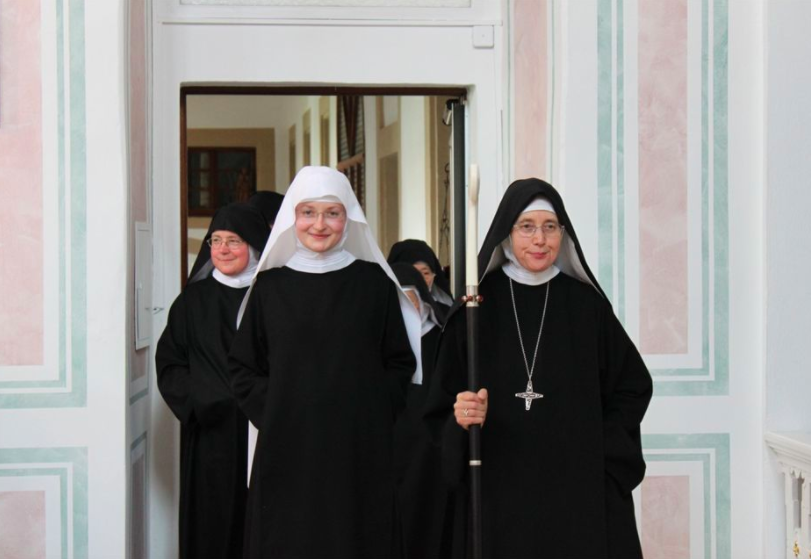
Do you personally feel compelled to help asylum seekers in need?
There’s a huge difference between what you are taught at school about human rights or women’s rights and when I am actually facing a woman, looking into her eyes and seeing these scars or this fear and anxiety and desperation. Then I have no choice, I have to help, I have to help, as much as I can.
Has COVID-19 changed the situation and made things more challenging for you?
Yes it has changed the situation a lot. Right now there are no deportations because the borders are closed. And when there can be no deportations, then no one asks for church asylum. For now, they can stay in their camps. When the borders are open again, they will send out the deportation letters again and they’ll try to deport them back to their countries. It is a very desperate situation for these people.
